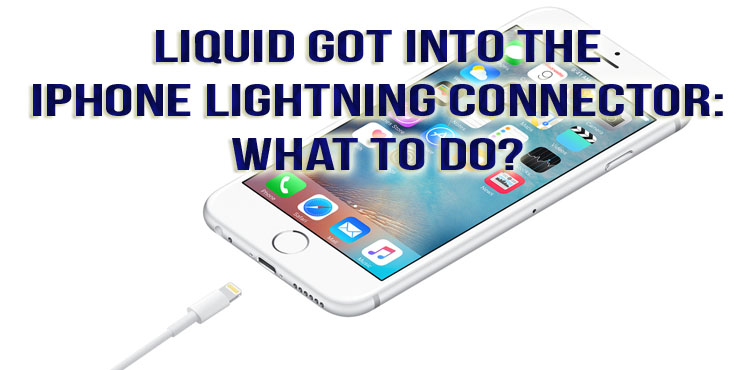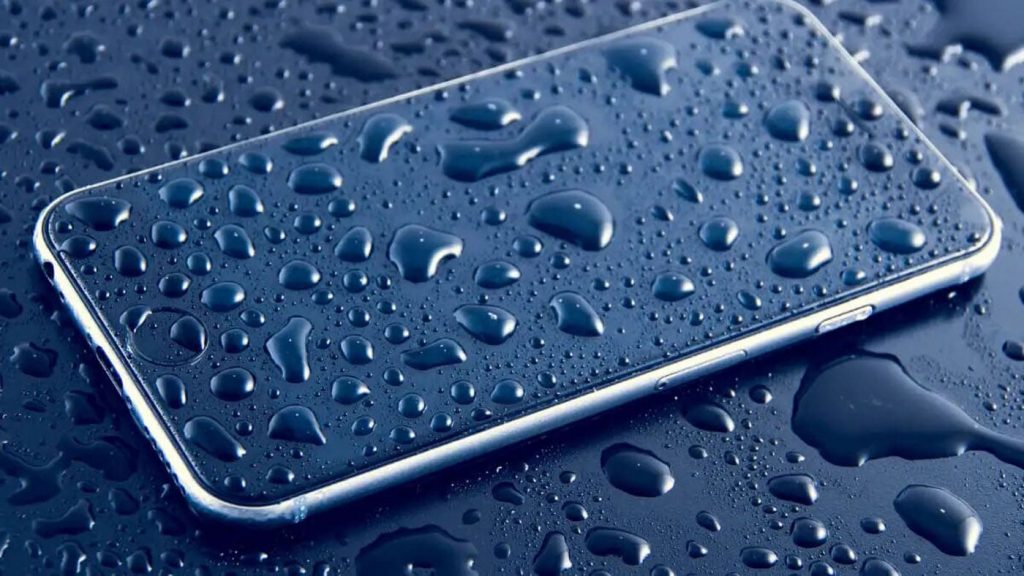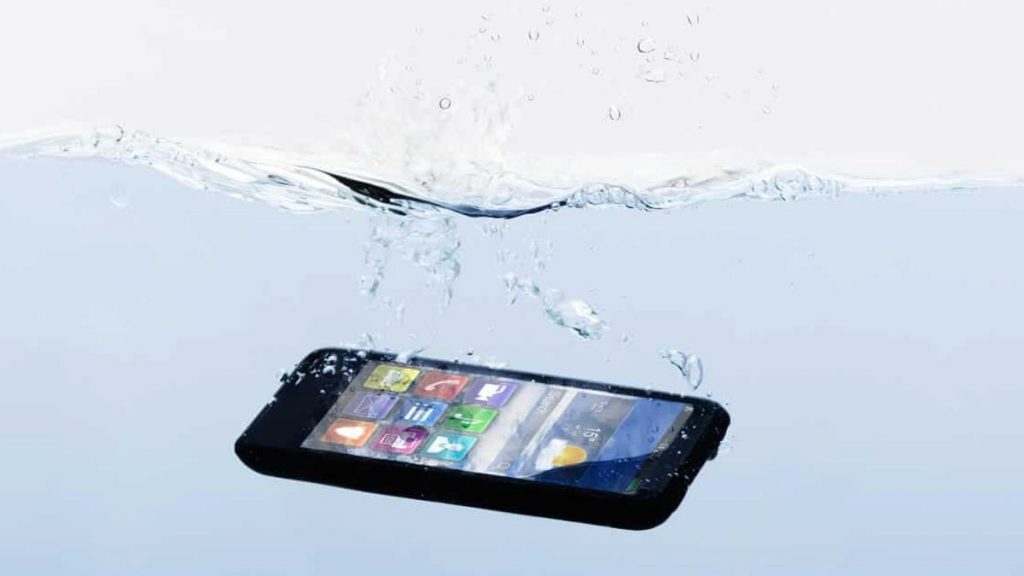Water is perhaps the most important threat to modern technology. Even a few drops of liquid can disable the multifunctional device. Therefore, if water gets into the charging jack of your smartphone, you should not hesitate for a minute.
Phone contact with water is not necessarily when it has fallen into the bathtub, snowdrift or sea. Everyday small splashes also gradually worsen the phone’s condition. Think back: how often do you take your iPhone into the bathroom when you go to shower? Or answering messages outside when it’s raining or snowing? Water droplets that get inside the phone through the speakers, charging jack and headphones gradually oxidize the internal metal elements.
All recent models of iPhone are certified according to IP67/IP68. The presence of these certifications means that the devices are capable of spending up to one hour underwater without any consequences. Protection against liquid penetration is provided by a special silicone membrane, which is protected almost all the technical holes that are present on the body of the smartphone. But where there is no protection, the moisture can be delayed and even damage the device, which, of course, can not be allowed.
If you try to connect your smartphone with a damp connector to the power supply, the screen will display a notice about the need to disconnect the cable and dry the device.
To avoid a second warning, it is recommended not to connect your smartphone to the charger until it is completely dry. True, even if you ignore the notification, charging will still be impossible. The tracking function is obviously directly connected to the battery controller and will not allow the battery to start charging until the Lightning connector is dry.
And Apple’s new iOS 14 includes an updated liquid intrusion detection system, which allows users to override the automatic charge-off feature, designed to prevent damage to the device’s internal devices.
But it’s not all. Smartphones now have the ability to bypass the forced charging lock with the new Emergemcy Override feature. However, it is worth noting that you should use it only in extreme cases, because continuing to charge your device when there is liquid in the Lighting connector is a fairly serious risk, and in most cases unjustified.
And even though, since 2016, all Apple phones have the liquid intrusion protection system, water and liquid inside the phone is still one of the two main reasons for iPhones malfunctions, according to statistics. After dropping the phone, of course.
What to do
So what should you do if you encounter such a situation? Apple has instructions on how to dry your iPhone after it has been exposed to liquid.
- Slightly shake the smartphone with the Lighting connector down.
- Put the iPhone on a well-ventilated surface. And leave it for at least half an hour.
- You can send a not-strong stream of cold air from a hair dryer to the charging slot.
Now for a list of what not to do when the liquid gets on the iPhone:
- Never stick cotton swabs or other objects into the connectors in order to dry the cavity.
- Do not dry with heaters or hot air jets.
- Folk remedies in the form of dipping in rice and other foods do not help, they can only make the problem worse.
What to do in case of liquid getting into the Lighting Connector
Immediately turn off your phone, wipe it with a dry cloth and if possible immediately take it to the service center. In the repair centers, recovery from the liquid implies a complete disassembly of the gadget and a thorough drying and cleaning of all parts. Attempts to dry iPhone at home usually end tragically.


